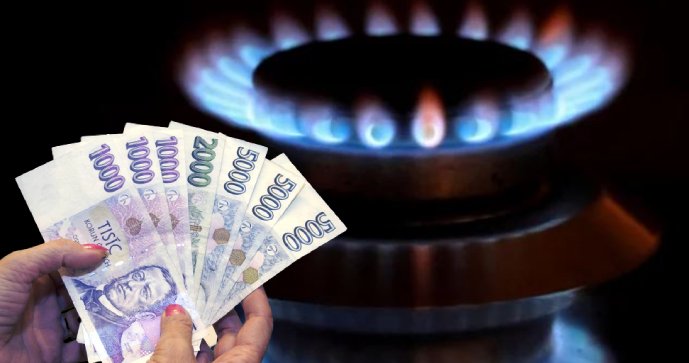“The government says they’ll take care of everyone, but it’s too expensive,” said MrMalpass said. In his opinion, this increased global debt to record levels, while people at the bottom of the income scale were the most affected.
During the pandemic, governments borrowed billions of dollars due to restrictions imposed. They pay for job retention programs, increased benefit payments, and loans and guarantees for businesses that would otherwise be forced out of business. Malpass said that according to the accepted economic opinion, there should be a social safety net, protection for people in times of crisis. According to him, subsidies should be temporary and aimed at those who need it the most. However, many of these subsidies during the coronavirus pandemic fell short of the mark.
“They all got it and now the consequences are showing.” Malpass said. “People will be paying off that debt for years, maybe even decades.” The Institute for International Finance (IIF) reports that global debt rose to a record high of more than USD 305 trillion in the first quarter. Meanwhile, it is expected to continue to increase.
The war in Ukraine caused a sharp rise in energy prices. Governments across Europe have introduced energy subsidies to help households pay for rising prices. The energy crisis comes at a time when the government is already heavily in debt.
The head of the World Bank is concerned that additional assistance to the public will contribute to further growth in consumer prices. In the UK, the inflation rate has reached a 40-year high of 10.1 percent, in the EU it hit a record 10.9 percent, while in the United States it was 8.2 percent. The International Monetary Fund (IMF) estimates inflation will peak at 9.5 percent this year, and is not expected to start falling until 2024. In many low-income countries, this leads to credit defaults and pushes vulnerable people into poverty.

“Certified bacon geek. Evil social media fanatic. Music practitioner. Communicator.”







